The stars are for everyone: Dartmoor wild campers celebrate legal win
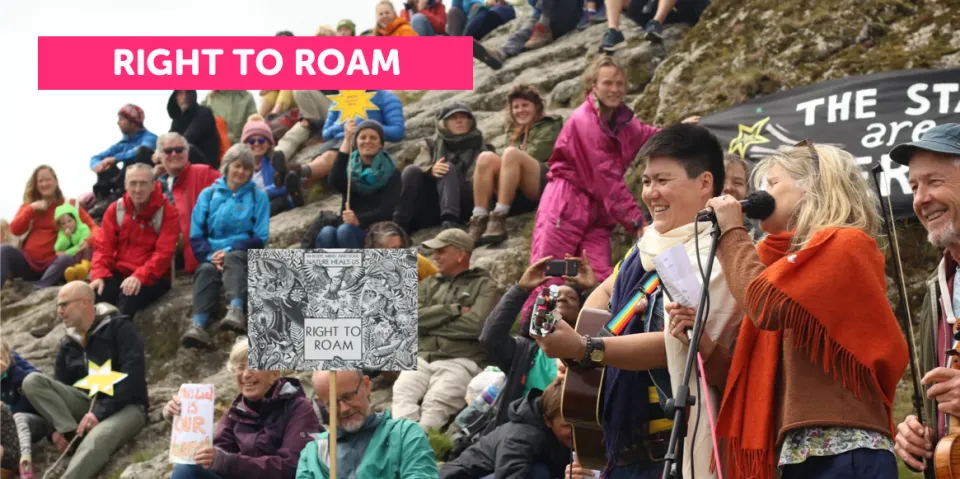
by Alex Parnham Cope | Amplify Stroud
and Emma Kernahan | Dialect
May 2025
Wild campers, trekkers and nature revellers from across the South West were rejoicing in Dartmoor on Monday, 26 May, following a historic Supreme Court ruling affirming the right to responsible wild camping on the common land.
The case has opened up huge questions about England’s poor public access rights to the countryside and fragile legal protections for common green spaces. One rainy Bank Holiday morning, Alex and Emma from Amplify Stroud packed into the van and trundled down the M5 to find out more.
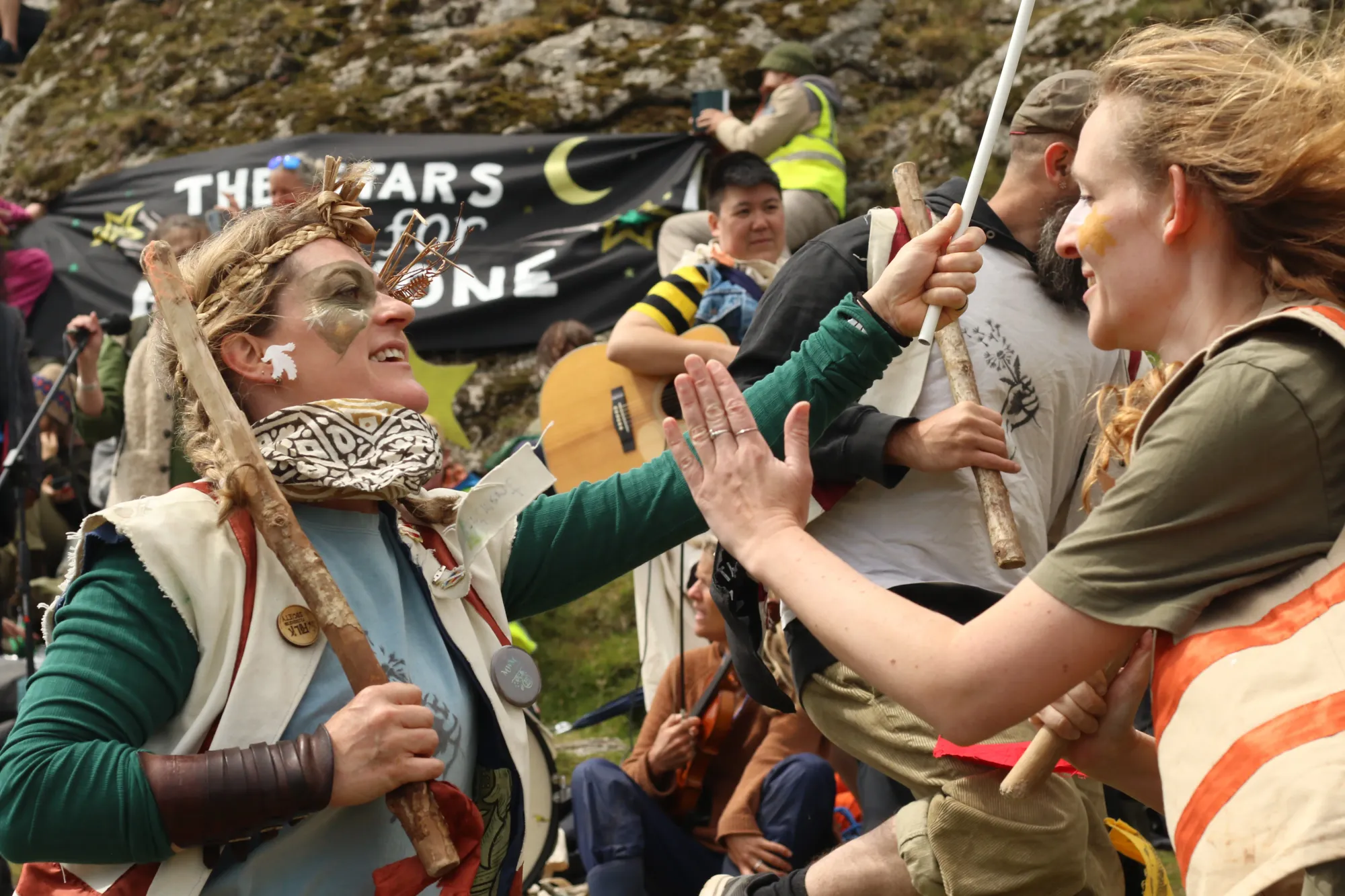
Introducing the battle for Dartmoor
Devon’s rugged yet beautiful Dartmoor has been a protected national park since 1951, comprising 368 square miles of unenclosed, privately-owned moorland with grazing livestock. For generations, it’s been a treasured haven for families and farmers, scouts and schoolchildren, as the general public has enjoyed their historic right to hike, horse ride and camp across this dramatic landscape.
Then, in 2023, landowners Alexander and Diana Darwall won a High Court ruling to ban overnight campers on their 4,000-acre estate, which makes up a large chunk of the National Park. Later that year, the Court of Appeal overturned the ruling and restored the right to camp on Dartmoor. The Darwalls then appealed to the Supreme Court, with the judgment being handed down last week.
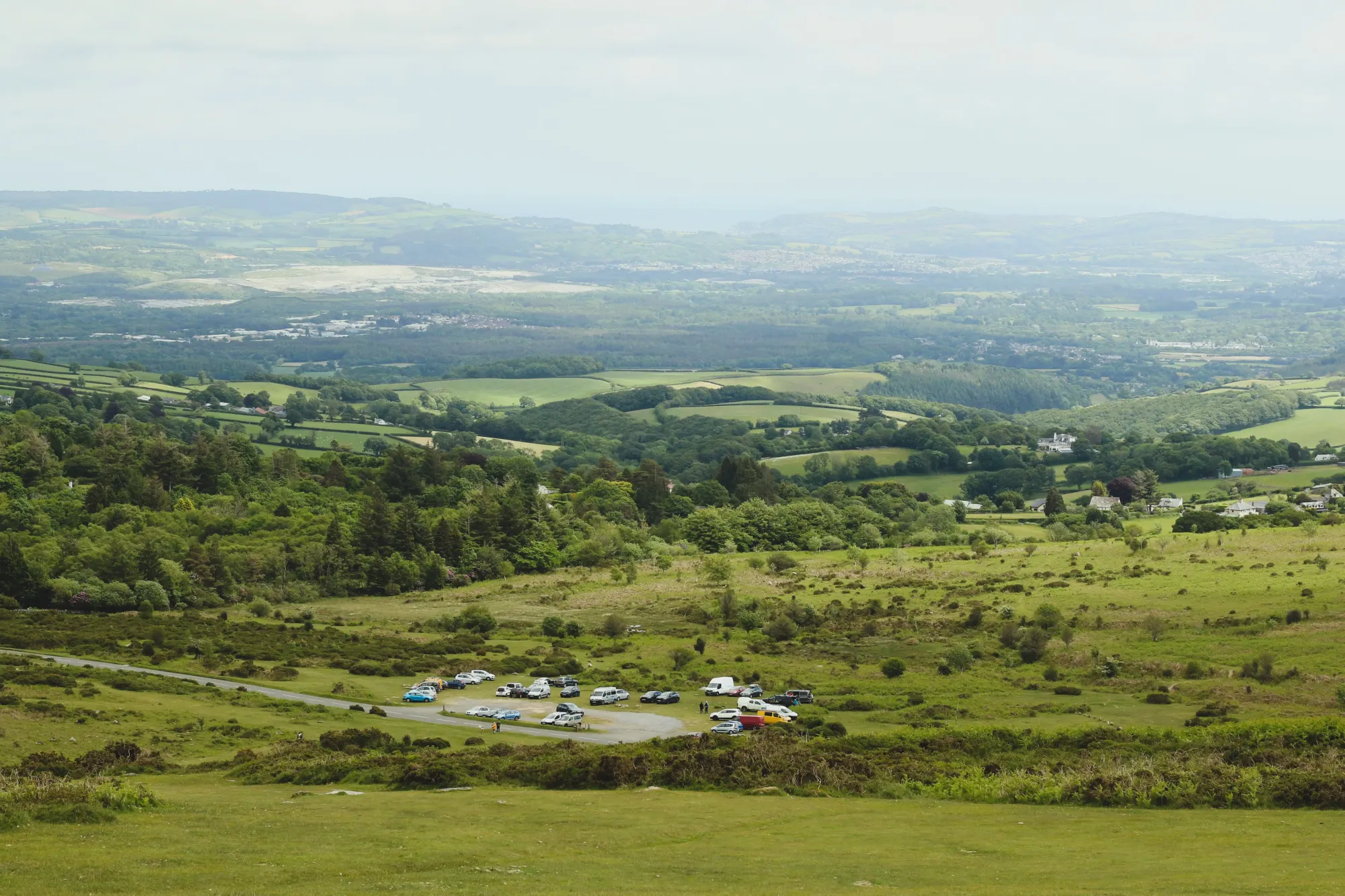
Credit: Alex Parnham-Cope (L), Emma Kernahan (R)
The landowners’ call to ban camping was opposed by the Dartmoor National Park Authority and a variety of campaign groups. They argued that camping had been a traditional right for generations, and a part of the land’s social heritage.
The Darwalls, who own large swathes of the southern part of the moor where they keep livestock, argued that the ban was necessary to protect flora and fauna. However, the court also heard arguments that the Dartmoor National Park Authority already had the necessary powers to prevent “problematic camping” and litter. Camping on the moor has always been restricted by a code of conduct, including limits on equipment, number of campers, and length of stay.
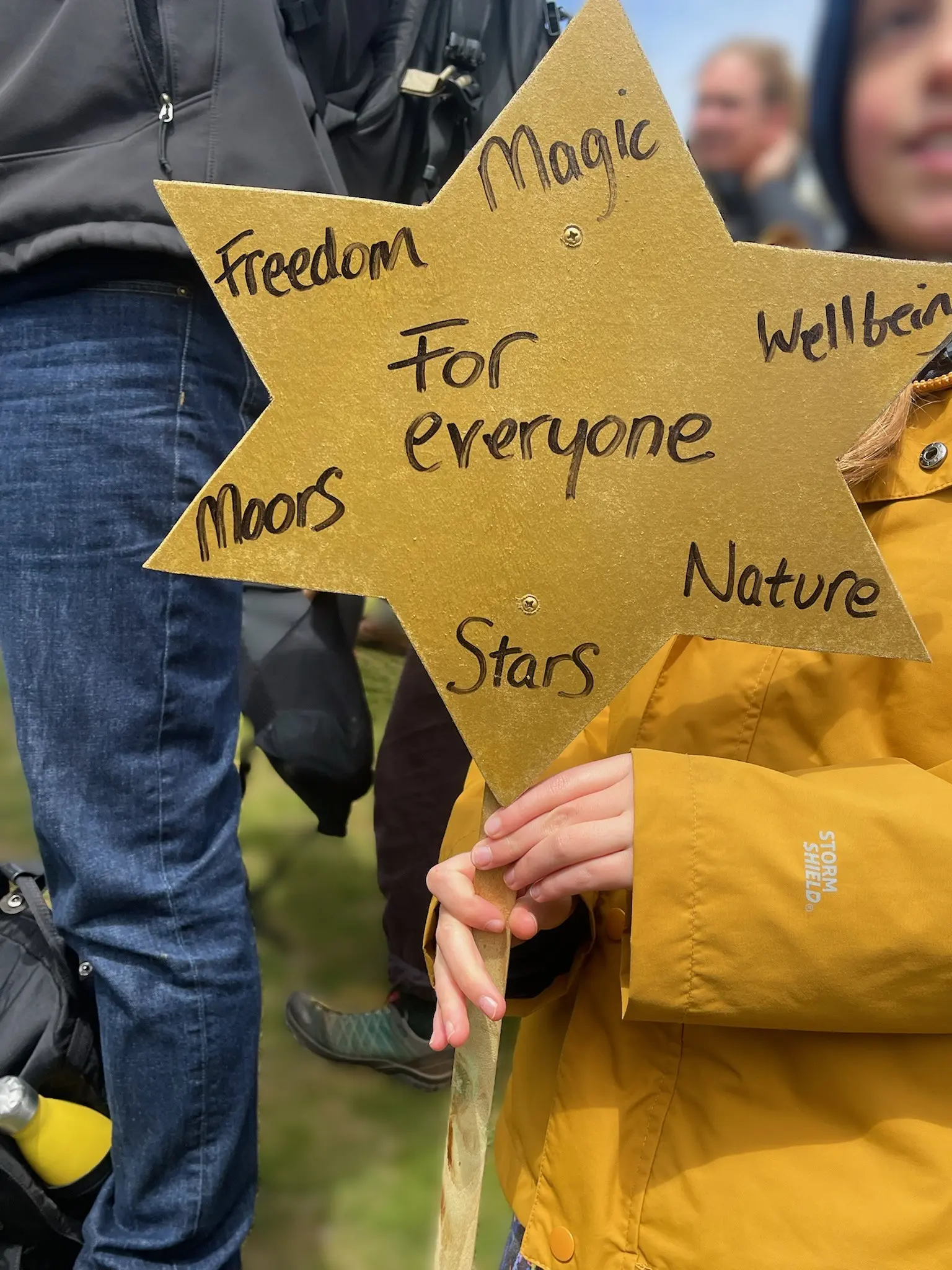
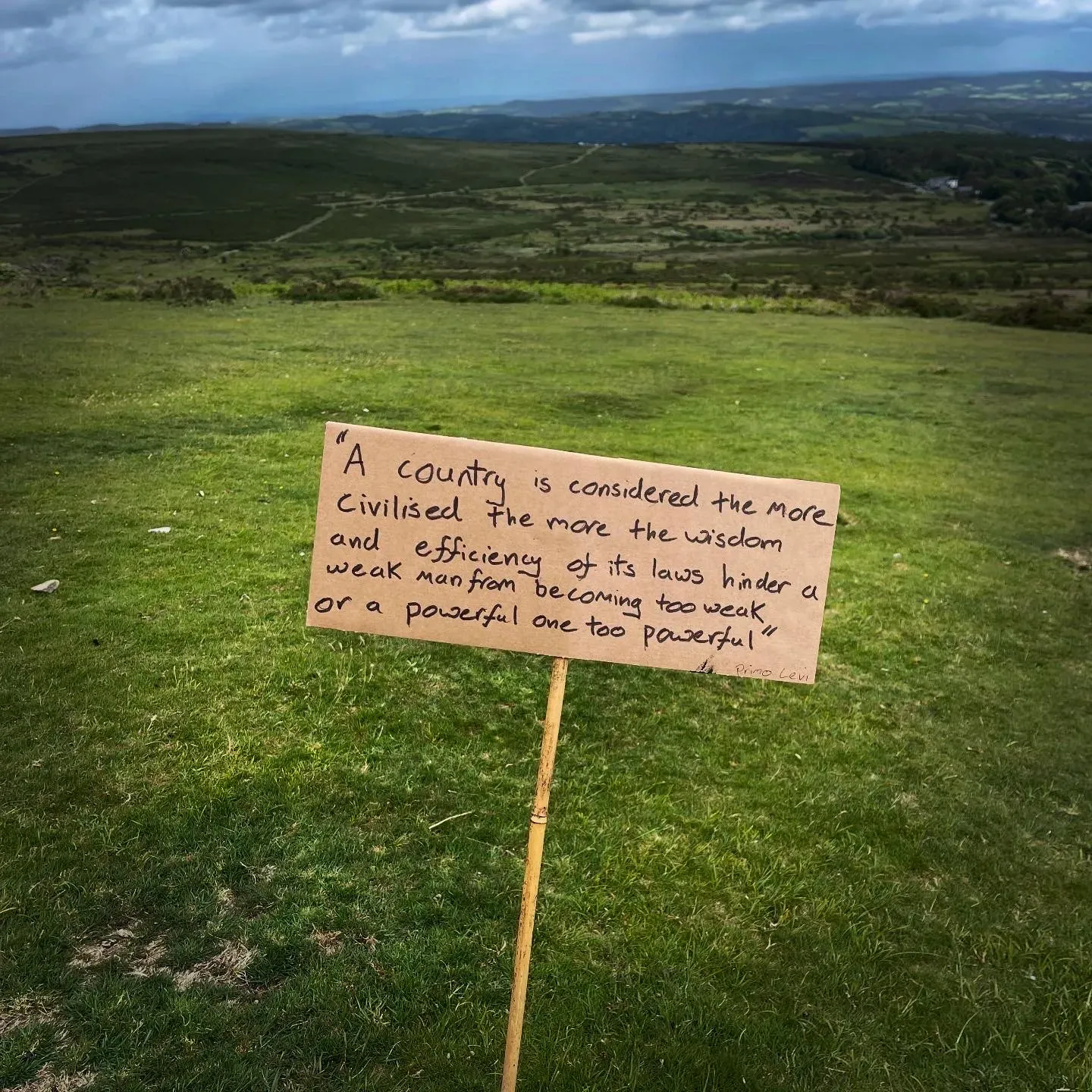
Credit: Emma Kernahan
What was the Dartmoor legal case about?
The legal case hinged on the judges’ interpretation of the Dartmoor Commons Act 1985, which said “the public shall have the right of access to the commons on foot and on horseback for the purpose of open-air recreation”. Unlike other comparable pieces of legislation, it didn’t ban camping on the land.
However, lawyers for the wealthy landowners claimed that the wording of the legislation meant only walkers and horse riders could travel across the land - they even argued that picnics on common land would constitute trespassing.

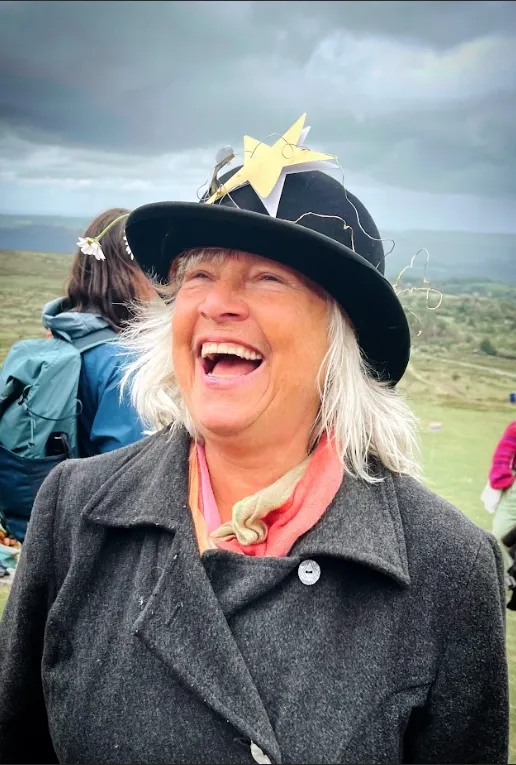
Credit: Emma Kernahan
In their ruling last week, the Supreme Court judges said that “open air recreation” had a wide definition, and includes wild camping. Several MPs were present at the Supreme Court to welcome the ruling, including Stroud’s Dr Simon Opher. On his social media, Dr Opher wrote:
"The ruling is a victory for all those of us who believe that the people should have the right to access our countryside, not just on Dartmoor, but across the UK.
“Free access [to] our land should not depend on the whim of multi-millionaire hedge fund managers. I agree with campaigners and the Right to Roam movement that we should pass a new Right to Roam Act to defend and extend the public's rights to access nature in England."

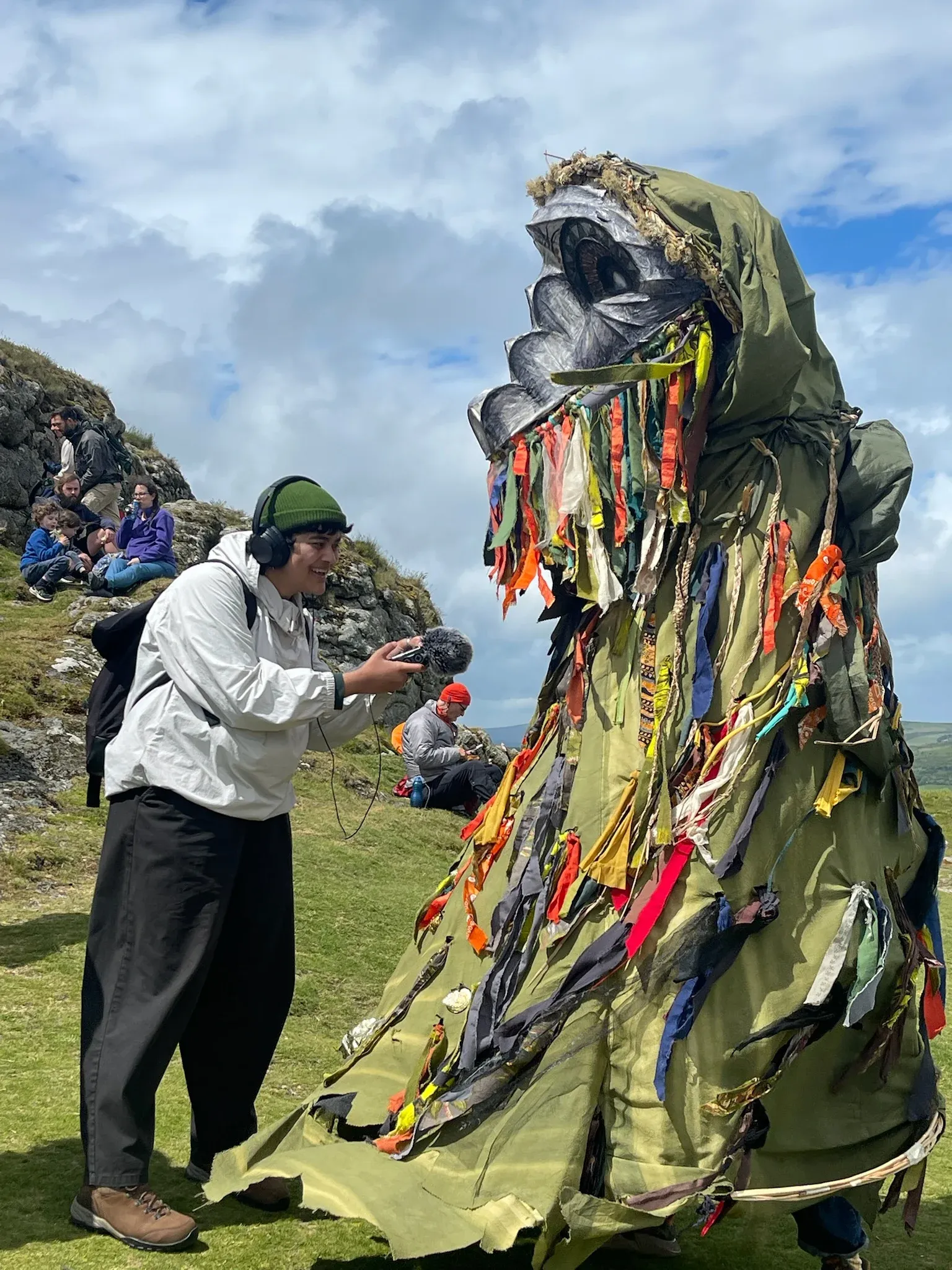
Credit: Emma Kernahan
The next step in public green access
Several speakers at the Dartmoor celebrations also emphasised that the ruling marked the beginning, not the end, of a renewed battle over public access to England’s landscape. As one megaphone-clad attendee proclaimed, “Dartmoor is no longer the last place to legally permit wild camping in England. It’s the first place to legally permit it!”
Wild camping has long been legal in Scotland under the Land Reform Act 2003. But here in England, there’s no general right to wild camp on private land, with Dartmoor being the key exception.
Guy Shrubsole from the Right to Roam campaign has previously said he was "delighted, elated and relieved" at the judgement. He called for the government to extend the right to wild camp, saying "People want a greater right of access to the countryside, let's pass a new law that gives people the right to roam."
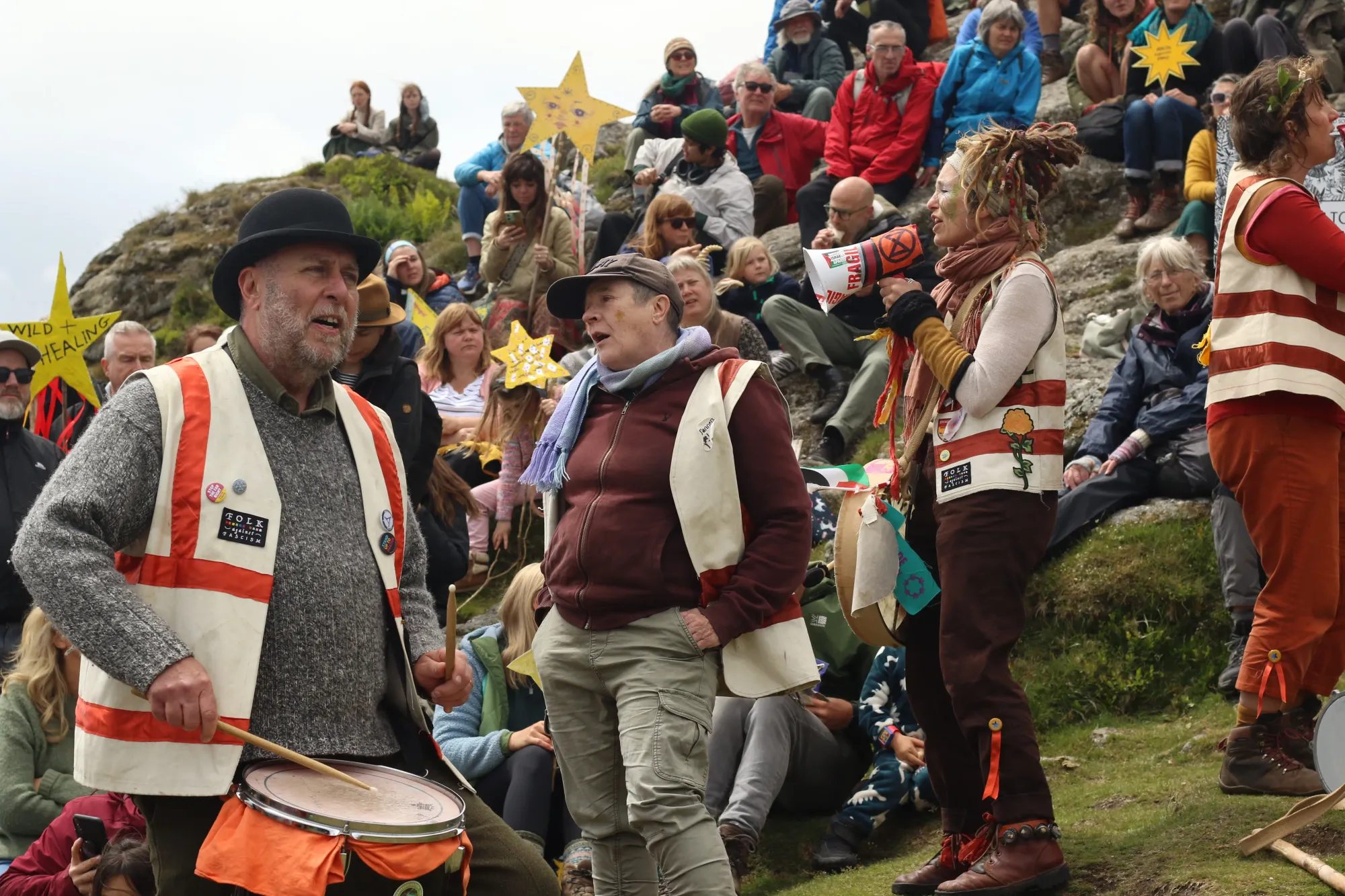
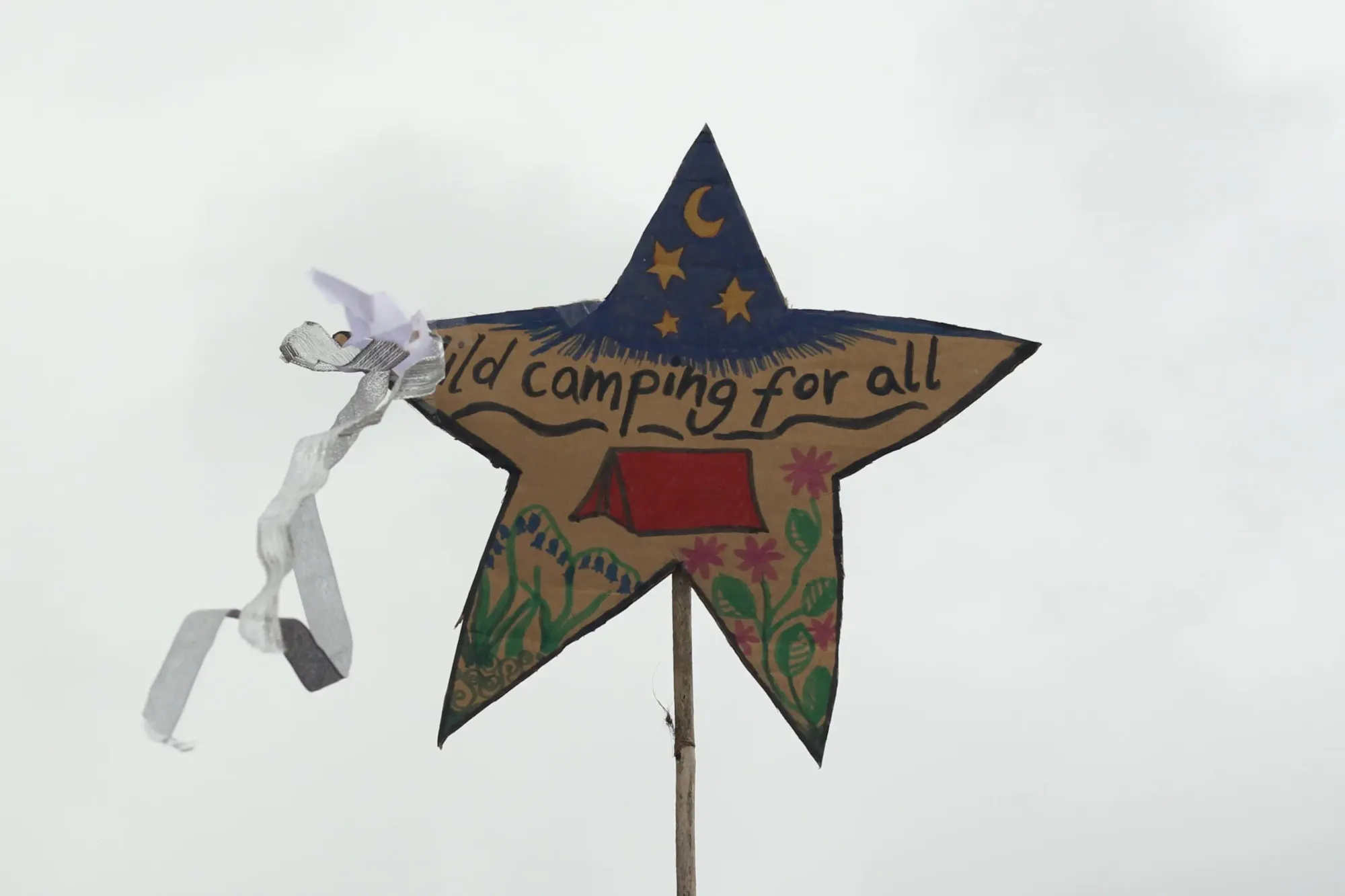

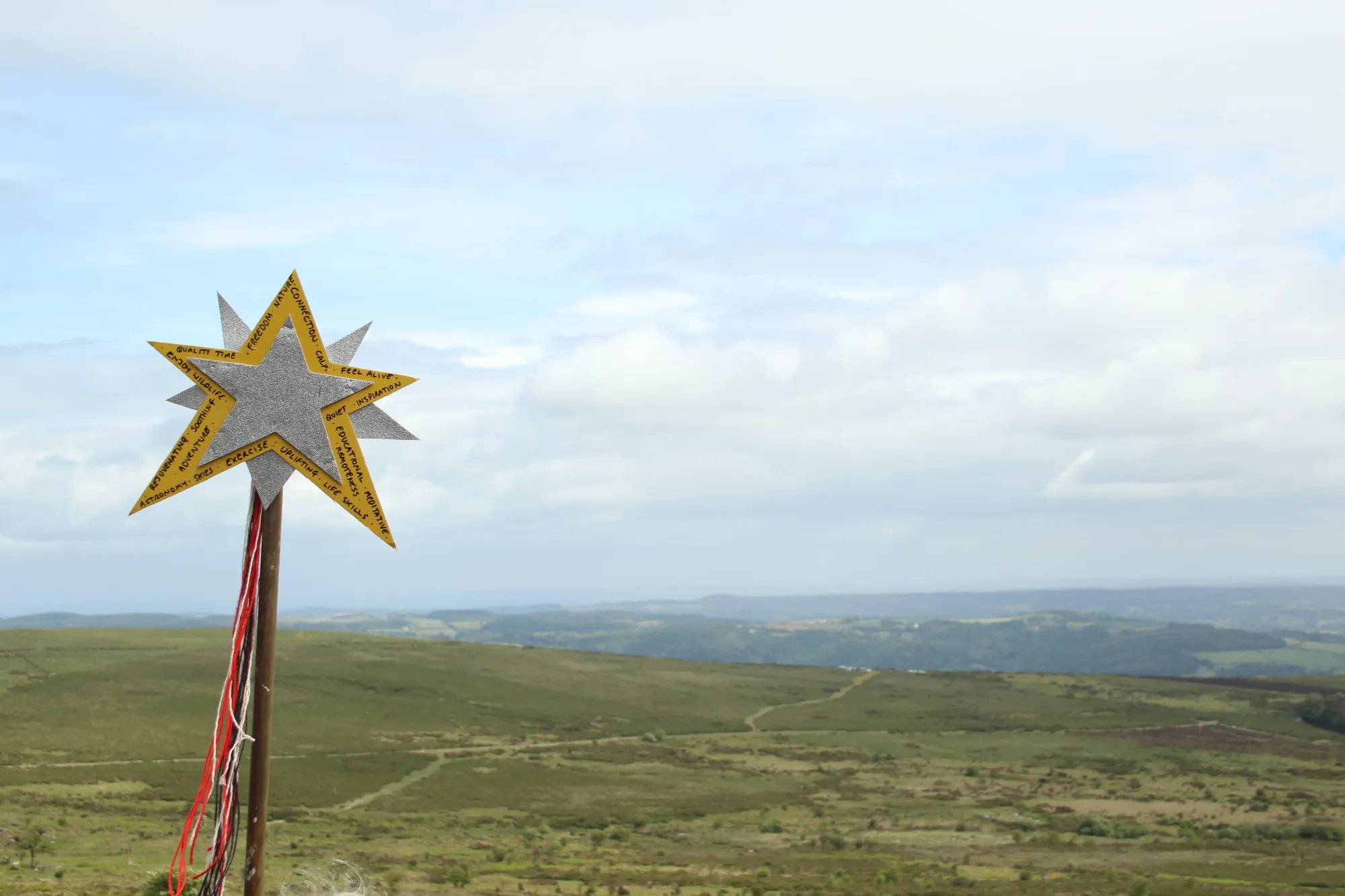
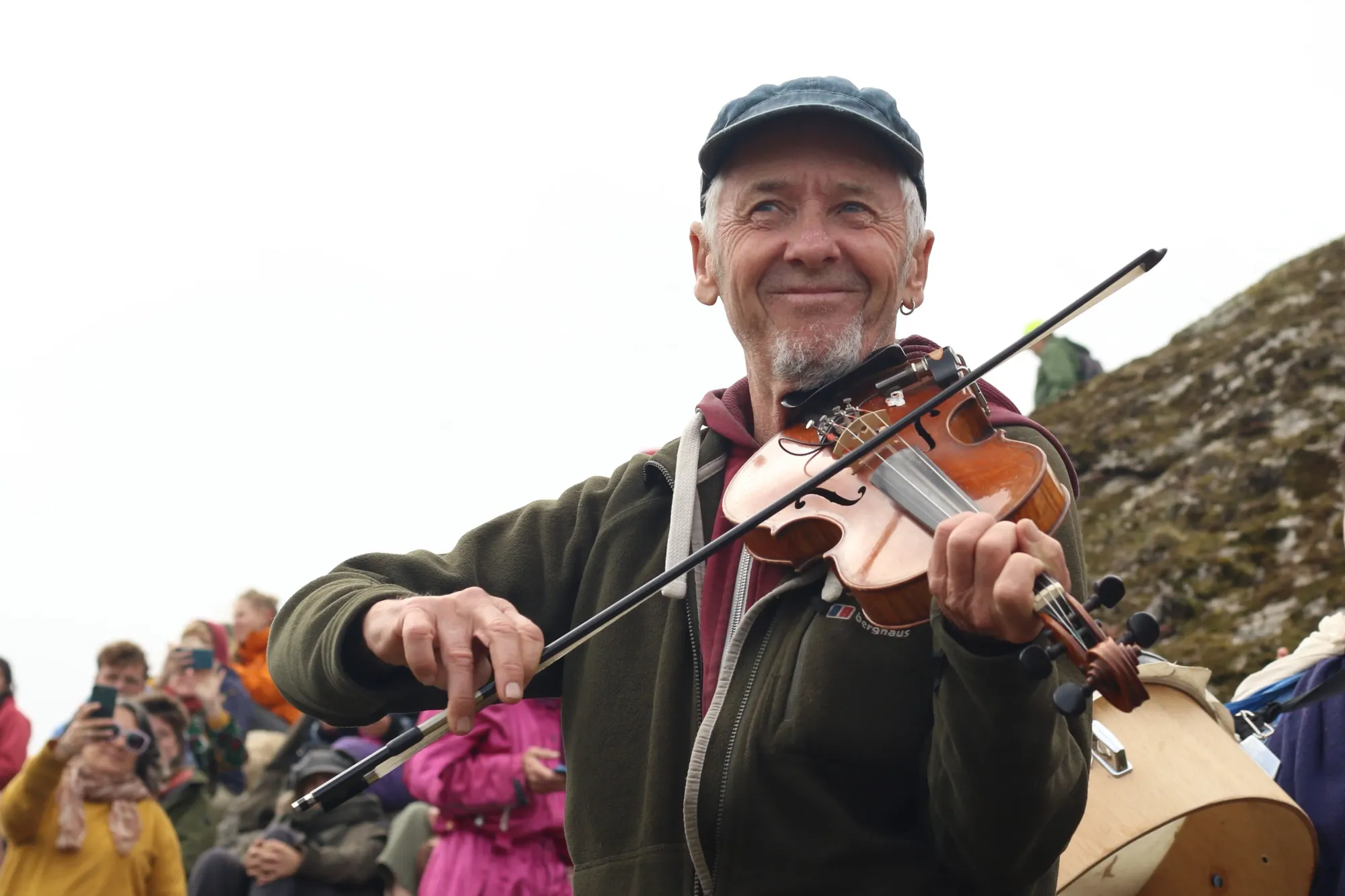
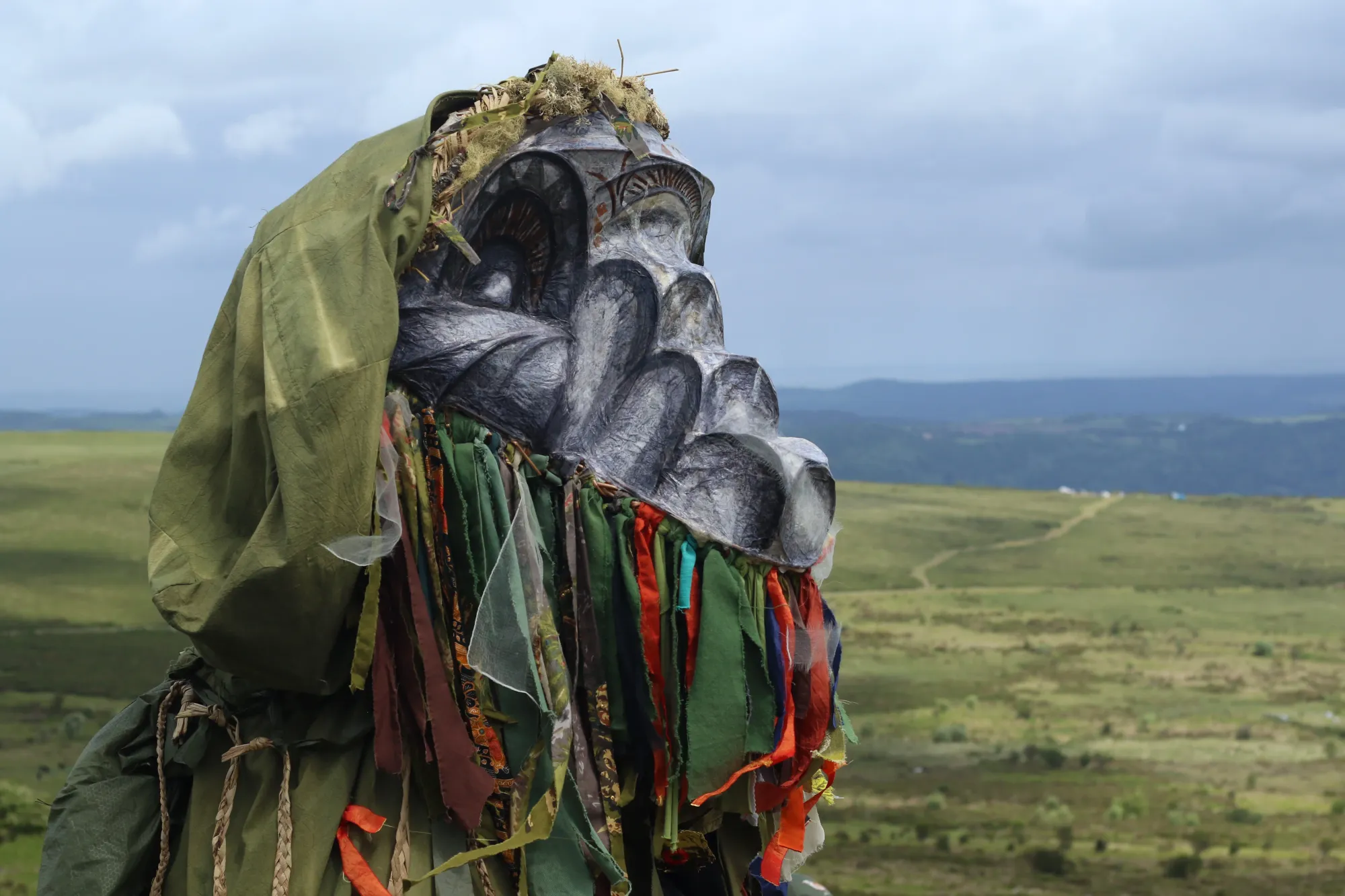
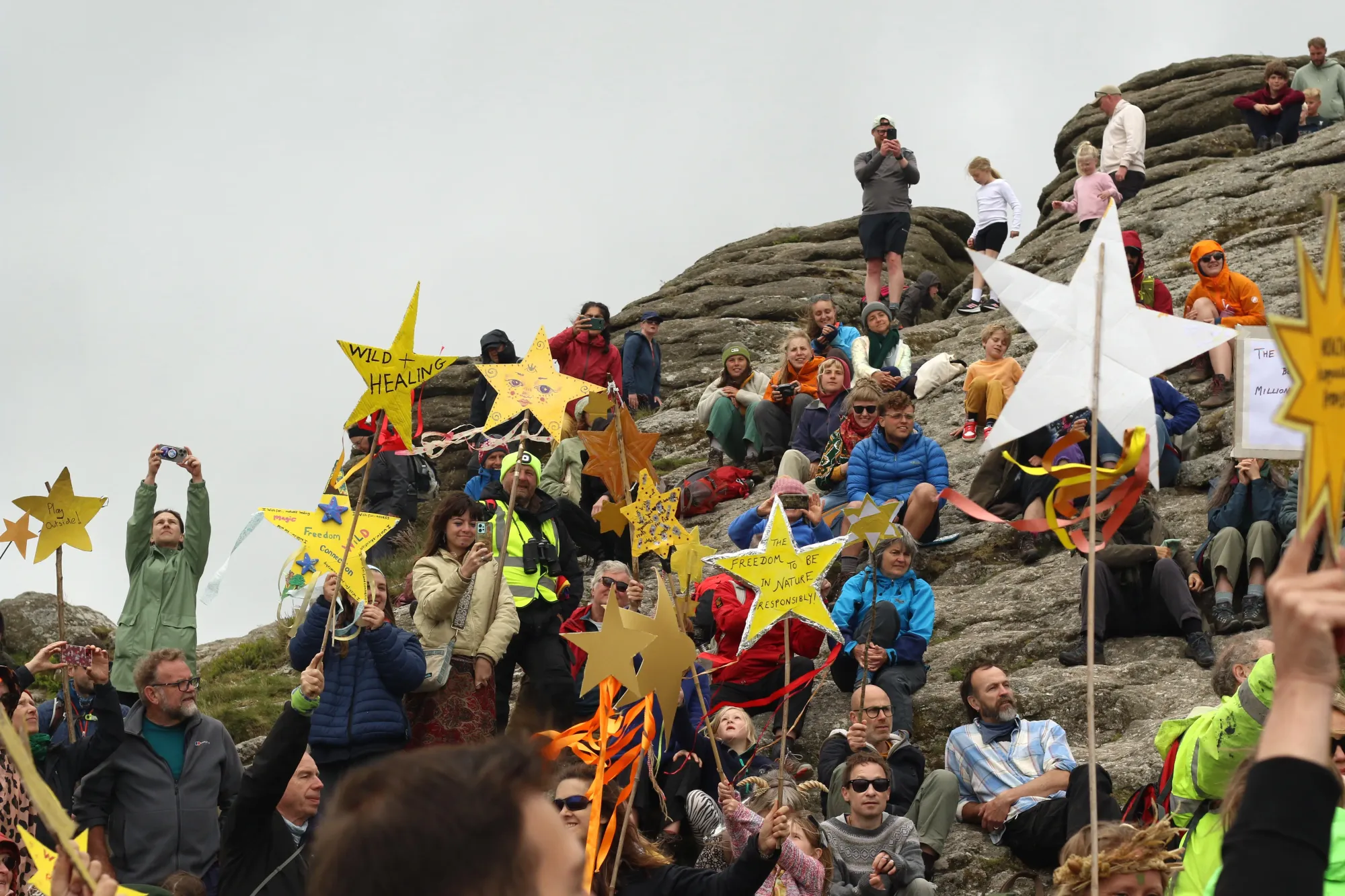
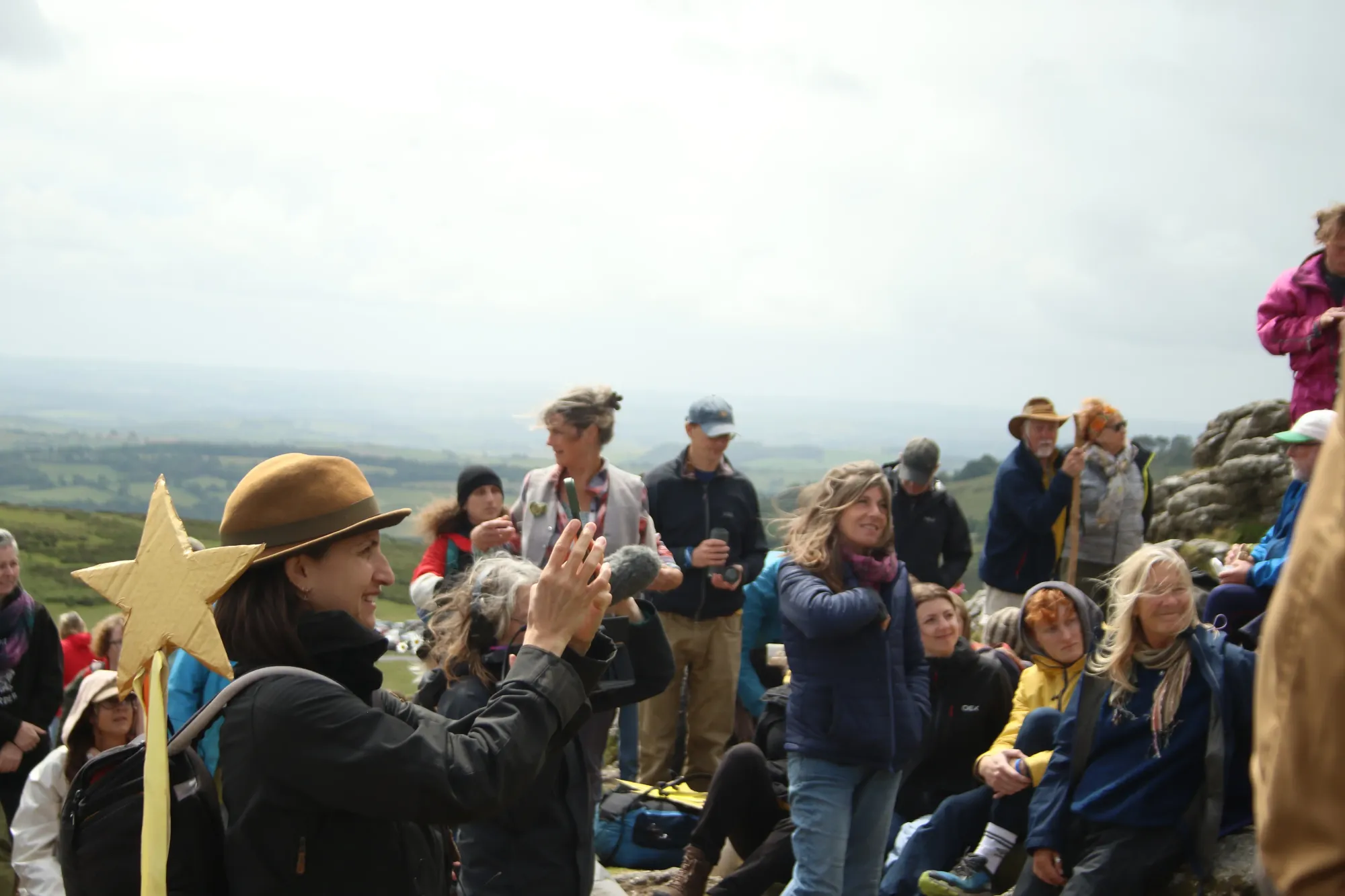
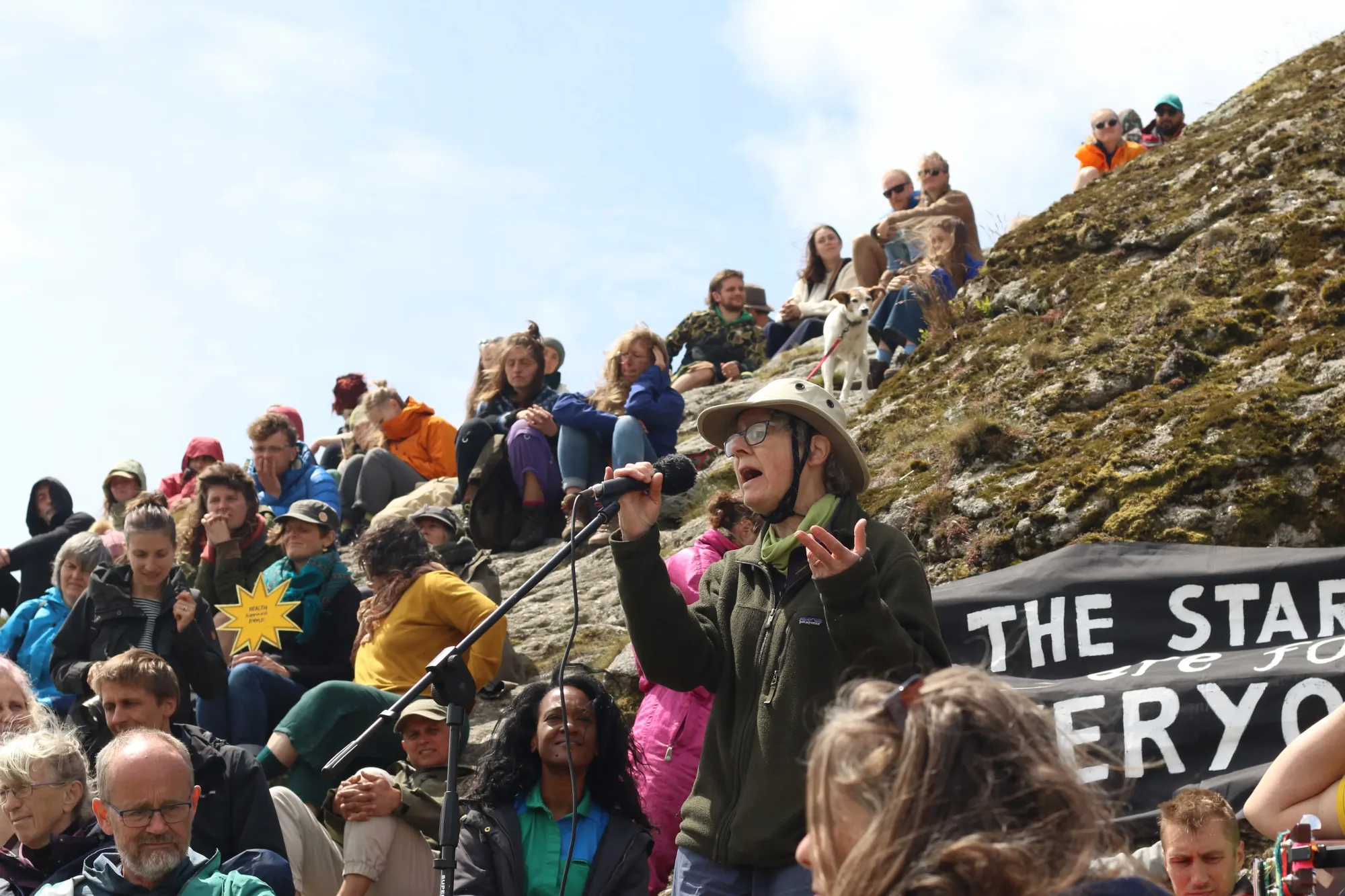
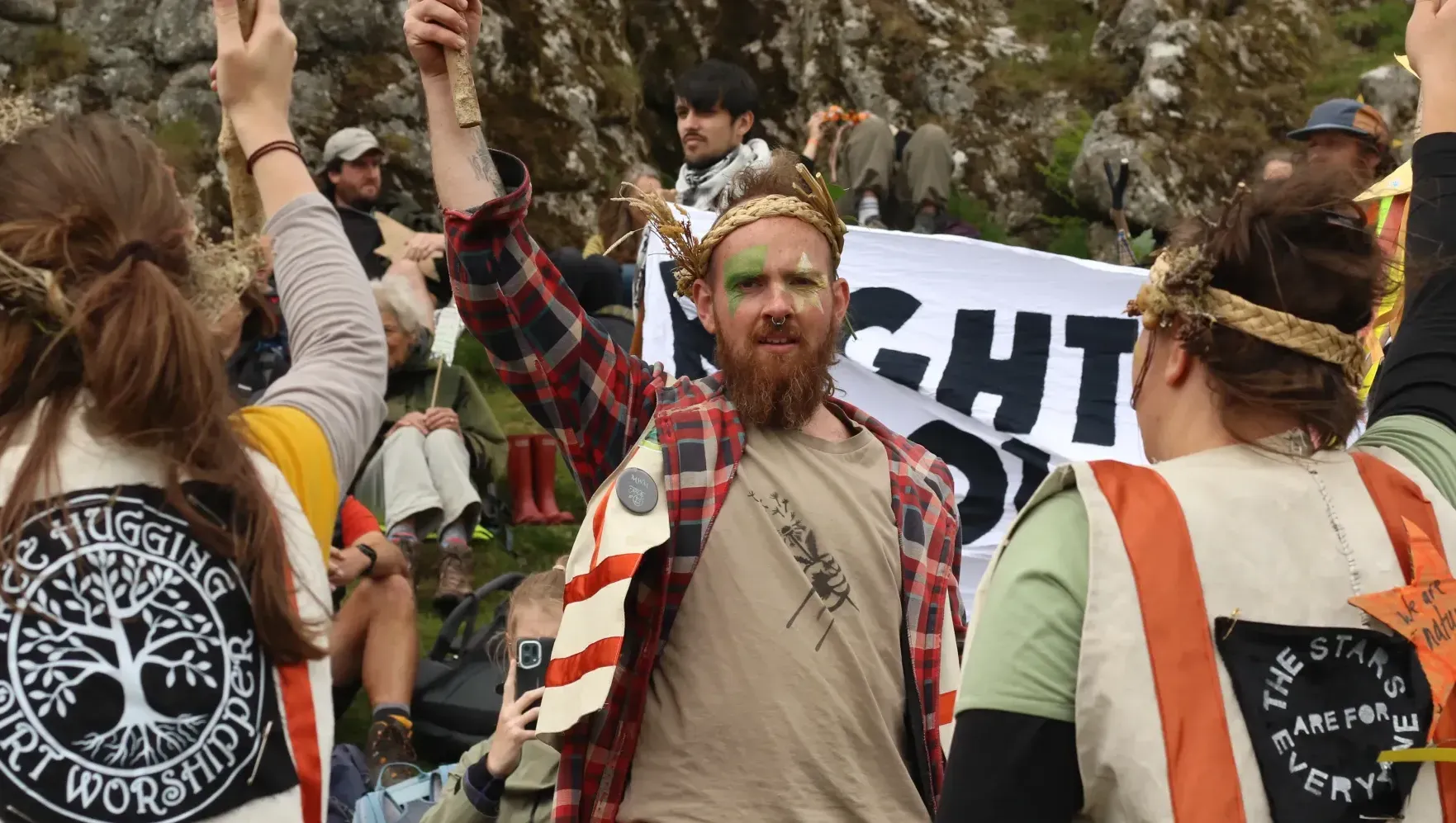
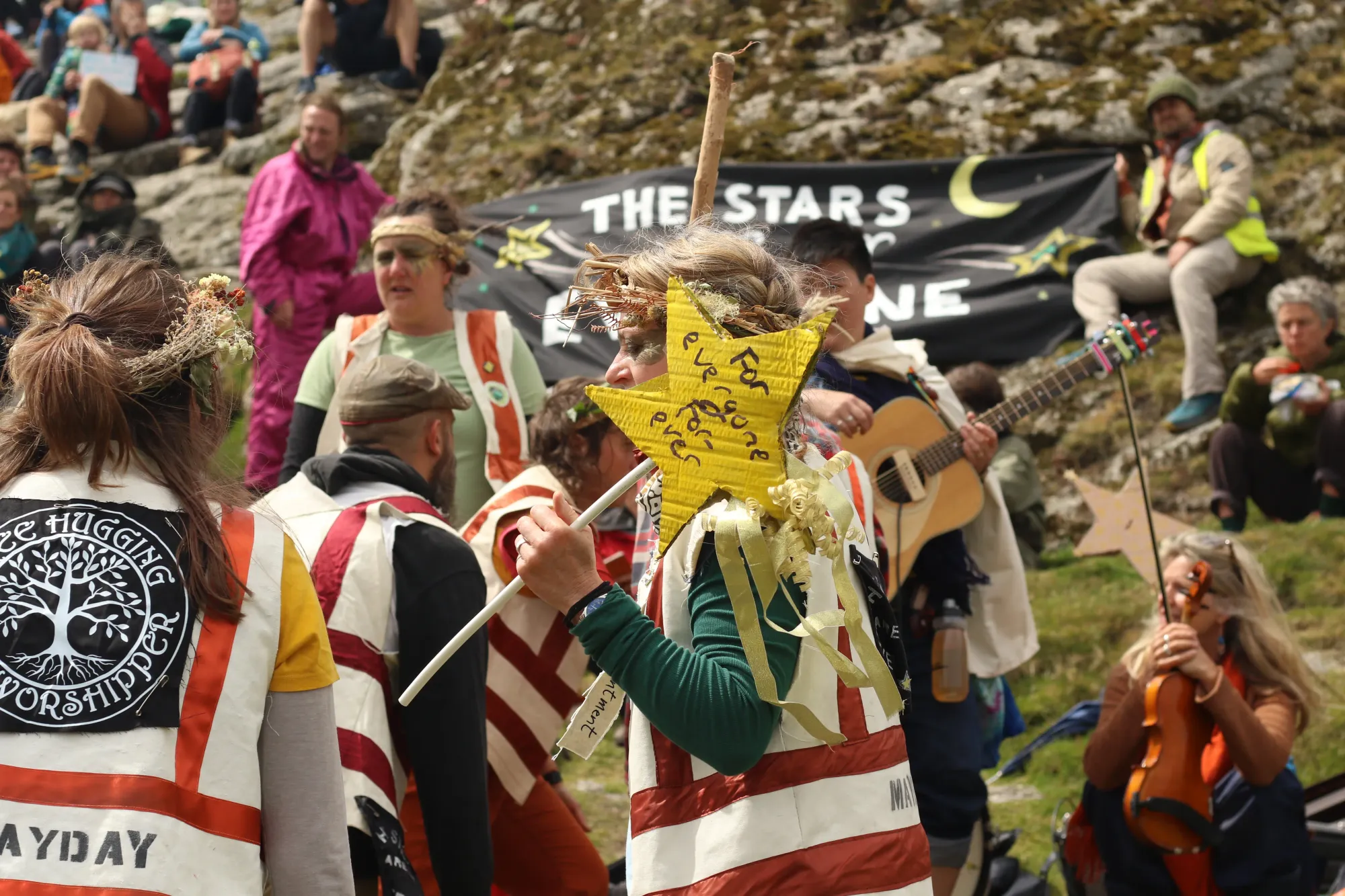
Credit: Alex Parnham-Cope
Article by Alex Parnham-Cope, Photos by Emma Kernahan and Alex Parnham-Cope
Find out more about Right to Roam


Amplify Stroud is supported by Dialect rural writers collective. Dialect offers mentorship, encouragement and self-study courses as well as publishing.+







Member discussion